Filter by
SubjectRequired
LanguageRequired
The language used throughout the course, in both instruction and assessments.
Learning ProductRequired
LevelRequired
DurationRequired
SkillsRequired
SubtitlesRequired
EducatorRequired
Results for "linear temporal logic specifications"

DeepLearning.AI
Skills you'll gain: Descriptive Statistics, Bayesian Statistics, Statistical Hypothesis Testing, Probability & Statistics, Sampling (Statistics), Probability Distribution, Probability, Linear Algebra, Statistical Inference, A/B Testing, Statistical Analysis, Applied Mathematics, NumPy, Calculus, Dimensionality Reduction, Machine Learning, Jupyter, Python Programming, Data Manipulation, Data Science
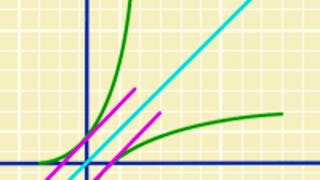 Status: Free
Status: FreeThe University of Sydney
Skills you'll gain: Calculus, Integral Calculus, Algebra, Advanced Mathematics, Geometry, Trigonometry, Arithmetic, Derivatives, Mathematical Modeling, Graphing
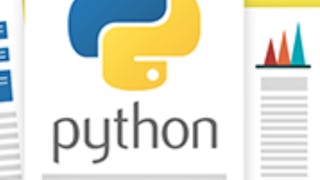
Skills you'll gain: Data Wrangling, Data Cleansing, Data Analysis, Data Manipulation, Data Import/Export, Exploratory Data Analysis, Statistical Analysis, Regression Analysis, Predictive Modeling, Pandas (Python Package), Scikit Learn (Machine Learning Library), Data-Driven Decision-Making, Statistical Modeling, Machine Learning Methods, Feature Engineering, Python Programming, NumPy
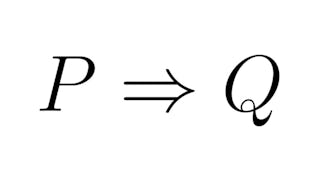 Status: Free
Status: FreeUniversity of Amsterdam
Skills you'll gain:

Johns Hopkins University
Skills you'll gain: Algebra, Mathematical Modeling, Graphing, Arithmetic, Advanced Mathematics, Applied Mathematics, Analytical Skills, Probability & Statistics, Linear Algebra, Geometry, Calculus

Imperial College London
Skills you'll gain: Analytical Skills, Correlation Analysis, Regression Analysis, Sampling (Statistics), Statistical Hypothesis Testing, Statistical Analysis, Biostatistics, Data Analysis, R Programming, Descriptive Statistics, Statistical Modeling, Quantitative Research, Exploratory Data Analysis, Probability & Statistics, Statistics, Statistical Methods, Data Wrangling, Statistical Inference, Time Series Analysis and Forecasting, Probability Distribution
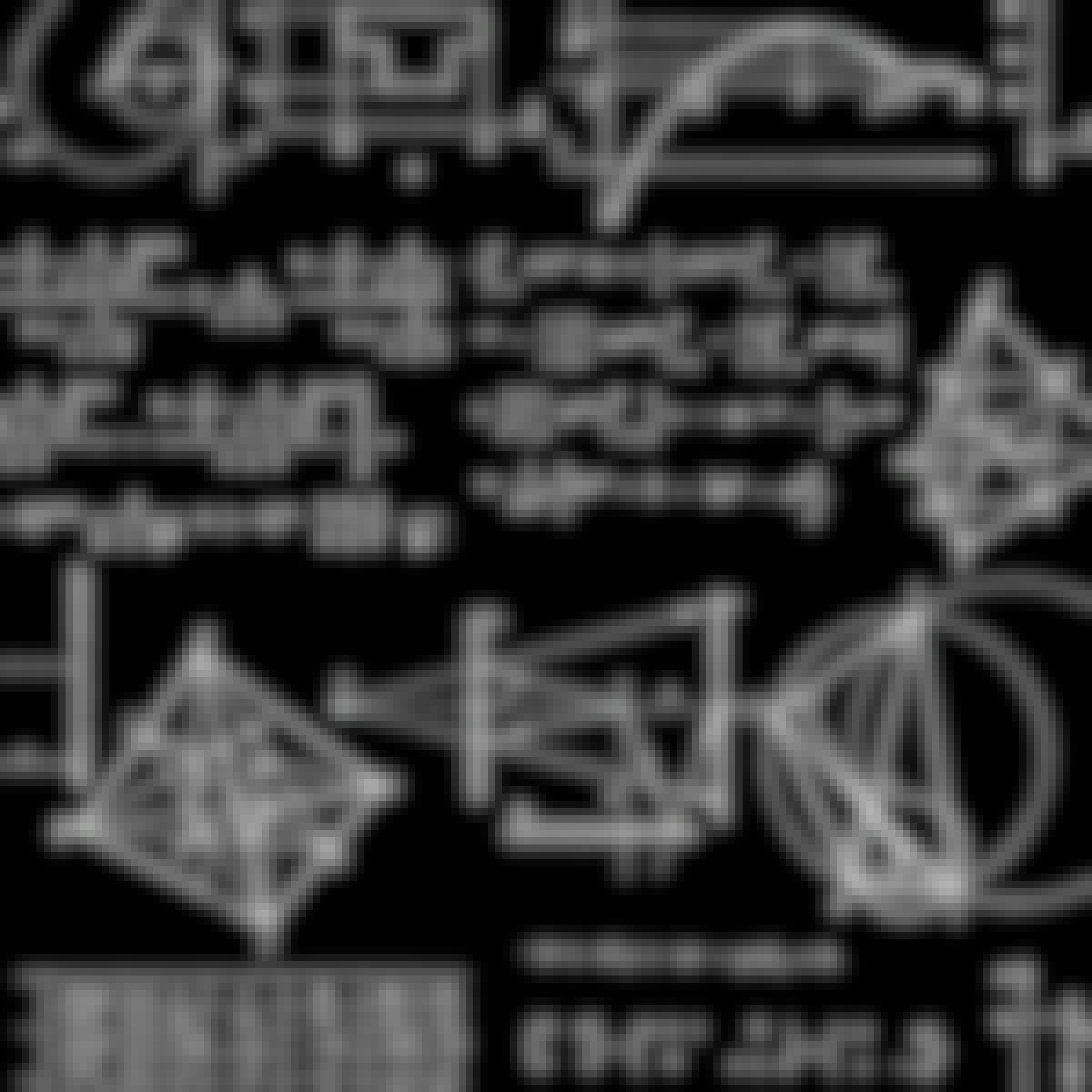
University of Colorado Boulder
Skills you'll gain: Linear Algebra, Applied Mathematics, Data Science, Data Analysis, Data Modeling, Algebra, Numerical Analysis

University of Leeds
Skills you'll gain:

Skills you'll gain: PyTorch (Machine Learning Library), Statistical Methods, Artificial Neural Networks, Deep Learning, Feature Engineering, Probability Distribution, Performance Tuning, Machine Learning, Regression Analysis, Data Processing

University of Toronto
Skills you'll gain: Computer Vision, Image Analysis, Embedded Software, Deep Learning, Simulation and Simulation Software, Software Architecture, Safety Assurance, Artificial Neural Networks, Global Positioning Systems, Visualization (Computer Graphics), Automation, Hardware Architecture, Process Control, Network Routing, Graph Theory, Estimation, Algorithms, Artificial Intelligence, Machine Learning Methods, Mathematical Modeling
 Status: Free
Status: FreeUniversitat Autònoma de Barcelona
Skills you'll gain: Computer Architecture, Computer Engineering, Hardware Architecture, System Design and Implementation, Application Specific Integrated Circuits, Embedded Systems, Digital Design, Computer Hardware, Design Software, Simulations
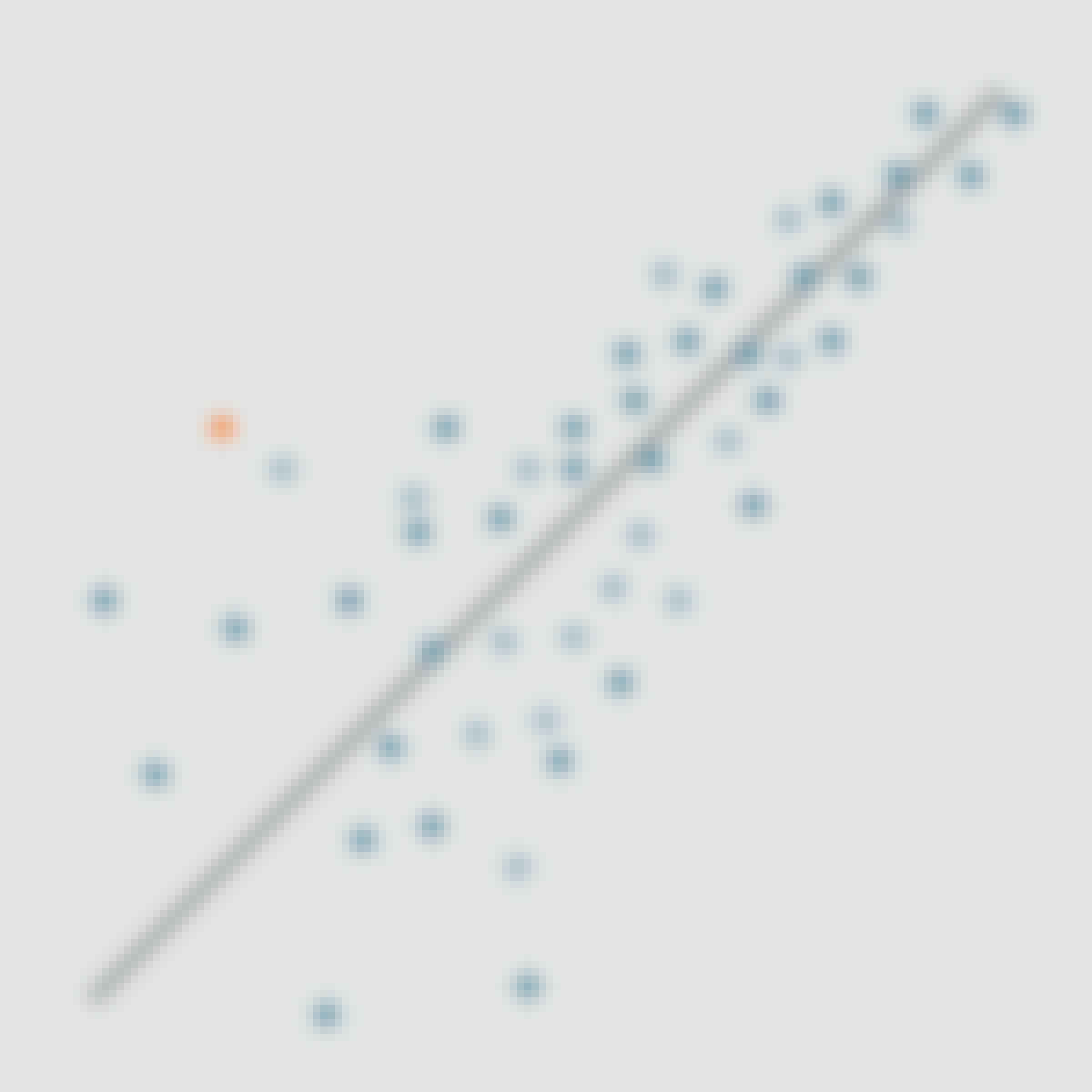
Duke University
Skills you'll gain: Regression Analysis, Statistical Software, Statistical Analysis, R Programming, Statistical Modeling, Statistical Inference, Data Analysis, Statistical Methods, Exploratory Data Analysis, Predictive Modeling
In summary, here are 10 of our most popular linear temporal logic specifications courses
- Mathematics for Machine Learning and Data Science: DeepLearning.AI
- Introduction to Calculus: The University of Sydney
- Data Analysis with Python: IBM
- Logic for Economists: University of Amsterdam
- Algebra: Elementary to Advanced: Johns Hopkins University
- Statistical Analysis with R for Public Health: Imperial College London
- Essential Linear Algebra for Data Science: University of Colorado Boulder
- An Introduction to Logic for Computer Science: University of Leeds
- Introduction to Neural Networks and PyTorch: IBM
- Self-Driving Cars: University of Toronto










